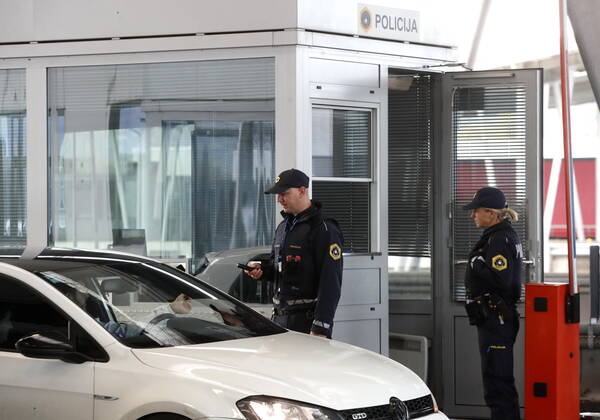Slovenia decided to extend its border checks with Croatia and Hungary until June 22, 2024, against the background of “significant deterioration of security in the Middle East,” growing terrorist threat and violent conflicts across Africa.
The country first introduced temporary checks on October 21 under Article 28 of the Schengen Borders Code, then applied Article 25 of the code, which allowed police checks for six months. Any further extension would depend on the security situation in Slovenia and the wider region.
The Government stated that the level of terrorist risk remained elevated in Slovenia and elsewhere in Europe. The situation is perilous because a threat to one member of the Schengen area poses a threat to all other members.
In Croatia, there were concerns that the checks could trigger massive delays at the border, as hundreds of thousands of emigrants from all over the Balkans travelled home for the holidays and then back again. However, Slovenia and Croatia have agreed that checks would be “flexible” during the holidays to avoid long waiting times.
Croatian Prime Minister Andrej Plenković stated after discussions with his Slovenian counterpart Robert Golob that the country was expecting “a huge inflow of our people who live and work in Western Europe and those who will cross Croatia.”
We agreed that the regime will be maximally flexible during the Christmas and New Year holidays so that we avoid crowds at border crossings.
Currently, Slovenia does not screen all passengers, and targeted checks are “focused on the prevention of terrorism, extremism and cross-border crime.”
